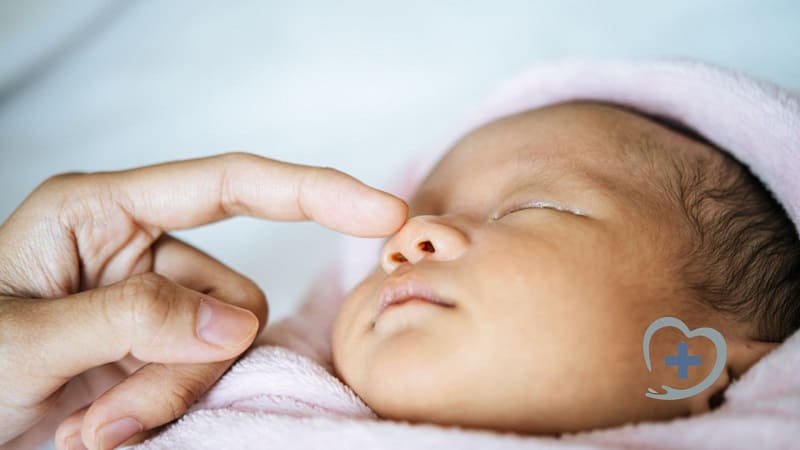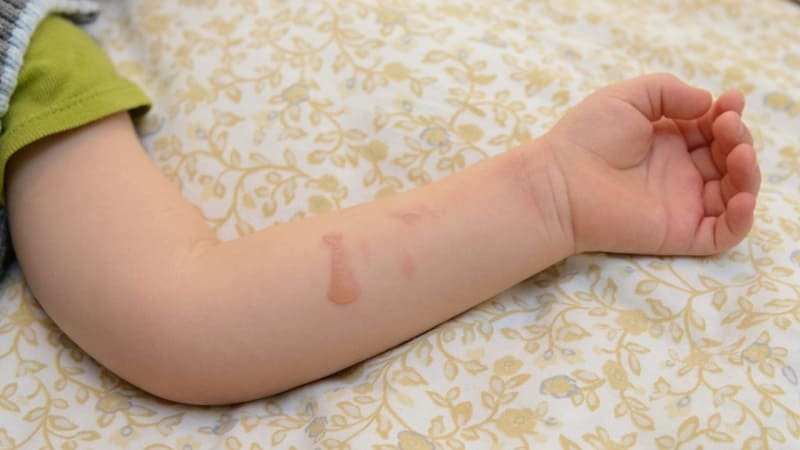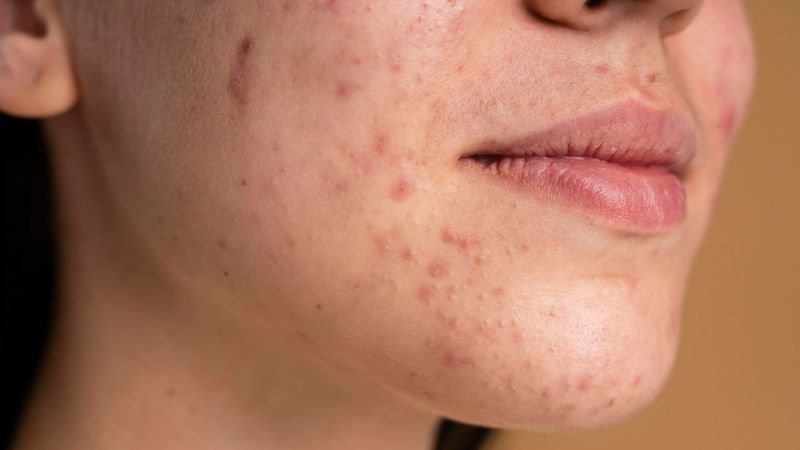Introduction:
Welcoming a new addition to the family is an exciting journey, but it also brings about the responsibility of ensuring the well-being of the little one. Pneumonia in babies is a concern for many parents, and understanding the duration of this illness is crucial for effective care. In this informative guide, we will explore the nuances of pneumonia in babies, shedding light on how long it typically lasts and the key factors influencing recovery.
Understanding Pneumonia in Babies:
Pneumonia is an infection that inflames the air sacs in one or both lungs. In babies, whose immune systems are still developing, the impact of pneumonia can vary. Common causes include viral or bacterial infections, and recognizing the symptoms early is essential for prompt medical attention.
Symptoms and Diagnosis: Pneumonia symptoms in babies can range from coughing and rapid breathing to fever and difficulty feeding. If you notice these signs, seeking medical advice is crucial. A healthcare professional will conduct a physical examination and may recommend additional tests, such as chest X-rays, to confirm the diagnosis.
Duration of Pneumonia in Babies: The duration of pneumonia in babies can vary based on factors such as the type of infection, overall health, and the timeliness of medical intervention. Viral pneumonia may last for a shorter duration, typically a week or two, while bacterial pneumonia may require a more extended recovery period, often ranging from two to three weeks.
Treatment and Recovery: Treatment may involve antibiotics for bacterial pneumonia or supportive care for viral cases. Ensuring that the baby stays hydrated and gets sufficient rest is crucial for a speedy recovery. The healthcare provider will monitor the baby’s progress and may recommend follow-up visits to assess ongoing recovery.
Prevention Strategies: While it’s not always possible to prevent pneumonia, especially in babies, certain measures can reduce the risk. These include promoting good hand hygiene, ensuring a smoke-free environment, and keeping vaccinations up to date.
Seeking Prompt Medical Attention: If you suspect your baby has pneumonia, it’s essential to seek medical attention promptly. Early diagnosis and intervention play a vital role in managing the illness and preventing complications.
Conclusion:
Pneumonia in babies can be a concerning experience for parents, but with timely medical attention and proper care, most babies recover well. Understanding the duration of pneumonia and recognizing the importance of early intervention are key aspects of navigating through this health challenge. As parents, staying informed and maintaining open communication with healthcare professionals ensures the best possible outcome for your little one’s health. If you have concerns about your baby’s health, always consult with a healthcare provider for personalized advice and guidance.
Faq relating " Pneumonia in Babies How long does it Last "
-
What are the common symptoms of pneumonia in babies?
Common symptoms include coughing, rapid breathing, fever, and difficulty feeding. If you observe these signs, seek immediate medical attention for a thorough evaluation.
-
How is pneumonia in babies diagnosed?
A healthcare professional will conduct a physical examination and may order tests such as chest X-rays to confirm the diagnosis of pneumonia in babies.
-
How long does pneumonia typically last in babies?
The duration of pneumonia varies based on factors such as the type of infection. Viral pneumonia may last a week or two, while bacterial pneumonia recovery may take two to three weeks.
-
What is the treatment for pneumonia in babies?
Treatment may involve antibiotics for bacterial pneumonia or supportive care for viral cases. Ensuring hydration and providing rest are essential components of the recovery process.
-
How can I help my baby recover from pneumonia?
Follow the healthcare provider's recommendations, including administering prescribed medications, ensuring proper hydration, and providing a restful environment. Attend follow-up visits as recommended.
-
Can pneumonia in babies be prevented?
While it's not always preventable, certain measures can reduce the risk. Practice good hand hygiene, maintain a smoke-free environment, and keep vaccinations up to date as recommended by healthcare professionals.
-
When should I seek medical attention for suspected pneumonia in my baby?
If you suspect pneumonia in your baby due to observed symptoms, seek prompt medical attention. Early diagnosis and intervention are critical for managing the illness and preventing complications.
-
Are there specific complications associated with pneumonia in babies?
Complications can occur, especially if pneumonia is not promptly addressed. These may include respiratory distress and, in severe cases, more serious respiratory or circulatory issues. Seeking early medical attention reduces the risk of complications.
-
Can my baby fully recover from pneumonia?
With proper medical care and attention, most babies fully recover from pneumonia. The recovery process varies, but staying vigilant about follow-up visits and adhering to healthcare provider recommendations contributes to a positive outcome.
-
What should I do if I have concerns about my baby's health during or after pneumonia treatment?
If you have any concerns about your baby's health, especially during or after pneumonia treatment, promptly contact your healthcare provider. Open communication ensures that any issues are addressed and managed effectively.







